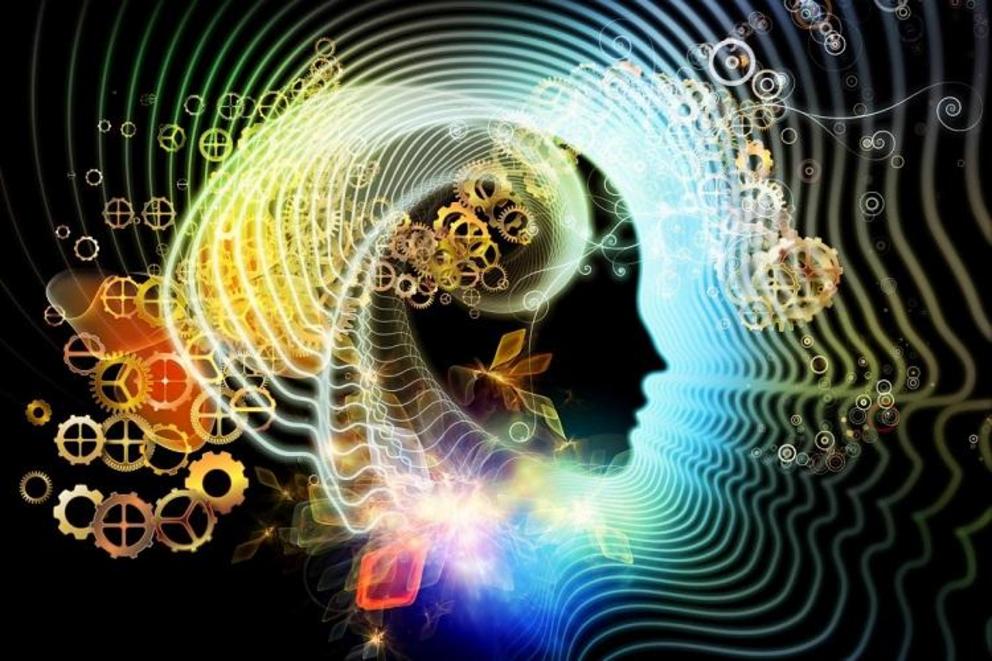Year ahead 2020: a consensus reality meltdown
The year ahead into 2020 will continue a process that has already begun and which we are seeing unfolding around us across the globe. Many of us are asking – is reality broken? It almost seems so.
Reality – whatever that is or was – has been gradually retreating behind a spectacle of make-believe. One result of this is that signs and signals that once stood as our guideposts are losing their meaning and becoming indistinguishable from false realities. As sociologist Jean Baudrillard so aptly put it – The attraction of the void is irresistible. This increasing void that attracts us, I suggest, marks a meltdown of our consensus reality, which will further increase as we move through the year ahead.
As the structure of our current reality further breaks down, our markers of differences and contradictions will further blur, making them seem smooth rather than jagged. It will no longer be the jagged pill we are forced to swallow, but the smooth pill we are willing to pop. The result of all this is what I would name as hyperreality. As we move through 2020 my sense is that this chimera of hyperreality is going to expand. That is, we are heading further down the rabbit hole of a Consensus Reality Meltdown – a CRM.
The original notion of hyperreality (a term borrowed from semiotics and postmodern theory) is an inability of consciousness to distinguish reality from a simulation of reality, especially in technologically advanced societies. What this means is that rather than being faced with the threat of struggling with our shadows, we will be increasing faced with the threat of our clones – that is, our replacements.
In such times where once guiding reality structures begin to break down, manipulative forces become stronger, more pervasive. Such external forces become more involved with our subjective experience of the world. They try to bend our subjective experience to fit a new reshuffling and presentation of reality. This is what creates the instabilities, the uncertainties, and the anxiety. A common response to this emerging ‘unreal’ world is likely to be an acceptance of it, which then further strengthens its dominance and serves to ‘normalize’ it. The alternative is to place oneself outside or on the periphery of the system – making one a surveillance target. To live upon the margins may now become the choice of the new conscious objectors.
To put it simply, the furthering of hyperreality can be described as the normalization of delusion. When mass society adheres to a collective delusion, we come to call it normal – the ‘new reality.’ And if a person strays too far from this consensus thinking then we often label them as delusional, or unstable. The control and manipulation of human perception is the new battleground. In 2020 we are likely to see an increased interest/intervention into ‘consciousness states’ through such institutions as state social management, propaganda, entertainment/consumerism, the military, etc.
In the Consensus Reality Meltdown, all the players are vying for controlling interests. What we have come to regard as ‘reality’ will officially become intangible and fluid, leading to the rise of adverse ideologies such as revised fascist and revamped extreme left-right politics. We are increasingly losing our bearings, our fixed moorings, and this is likely to lead to further anxiety as people try to cling to invested beliefs. My sense is that throughout 2020 many of us will experience discomfort in one form or another.
We have been conditioned to place our trust externally upon a range of institutions; these may range from religious, work/career, social, educational, etc. And if these institutions fail us then we naturally feel vulnerable, or even betrayed. And yet the truth of the matter is that we betrayed ourselves in the first place by outsourcing our trust. If we live a life relying upon external systems, then we must be prepared to feel distraught should those external systems break-down. In such times of great transition, such as now, these social-cultural institutions are themselves very fragile. The dilemma here is that our systems are extending but not transcending themselves. The only remedy to this is a form of individual transcendence – an act of personal gnosis – that can see through the façade of the illusions.
In these hyperreal times of consensus reality meltdown, we will need to find a new balance and arrangement between things. A personal fluidity and openness to events will be more necessary in order to take a step back from the dissonance. We shall be compelled to transform external forms of instability into personal forms of inner-stability. In the end, we can only truly rely on our own good sense and intuition. As Václev Havel stated in one of his addresses, ‘Transcendence is the only real alternative to extinction.’

